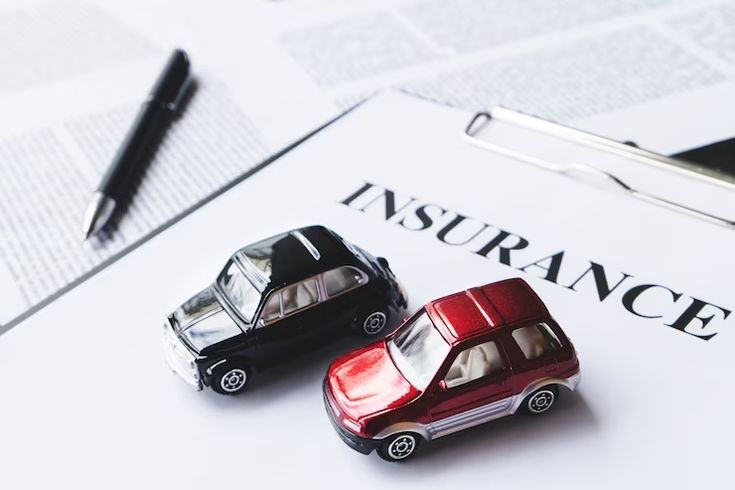How Much Will It Cost to Charge an Electric Car in Australia?
- Automotive Globe Specialist

- Jan 20, 2025
- 3 min read
Updated: Aug 14, 2025

Electric cars are making waves on Australian roads, but how much does it actually cost to charge one? Let’s break down the variables and show you how to estimate the cost of charging your EV with an easy-to-use formula.
The Growing Popularity of Electric Cars in Australia
Australia’s embrace of electric vehicles (EVs) is accelerating rapidly. More drivers are shifting toward eco-friendly cars due to lower emissions, reduced running costs, and government incentives.
Why Charging Costs Matter
Understanding charging costs helps EV owners better manage their expenses. It’s a key factor in determining whether the switch from petrol to electric makes financial sense.
Factors Influencing the Cost of Charging
Battery Size
Larger batteries store more energy, meaning they take longer to charge and cost more.
Electricity Rates
Electricity prices vary by provider and region. Rates typically range from $0.20 to $0.35 per kWh.
Charging Location
Charging at home is often cheaper than using public stations, but pricing varies.
Charging Speed
Faster chargers consume more energy in less time but may come with higher costs.
Types of Electric Car Charging Options
Level 1 (Home Charging)
This uses a standard 240V power outlet and takes the longest time to charge.
Level 2 (Faster Home Charging)
A dedicated home charging unit offers faster charging times.
Level 3 (Public Fast Charging)
These stations offer rapid charging but are generally more expensive.
Average Electricity Rates in Australia
Electricity rates in Australia typically range from $0.20 to $0.35 per kWh, varying by region and time of use.
How to Calculate the Cost of Charging an Electric Car
The cost to charge an EV depends on battery size (kWh) and the electricity rate.
Cost Calculation Formula
Step-by-Step Formula
Cost to Charge = Battery Capacity (kWh) x Electricity Rate (per kWh)
For Example
Let’s say:
Battery size = 60 kWh
Electricity rate = $0.25 per kWh
Cost to Charge = 60 kWh x $0.25 = $15.00
This formula gives a clear, customizable way to estimate costs based on your specific battery size and local electricity rates.
Comparison of Charging Costs: Home vs. Public Stations
Charging at home is typically cheaper, while public fast chargers may cost up to $0.40 per kWh or more.
Charging During Peak vs. Off-Peak Hours
Peak electricity rates can be significantly higher than off-peak rates. Charging overnight can save money.
Cost-Saving Tips for Electric Car Owners
Using Solar Power
If you have solar panels, daytime charging can be virtually free.
Timing Your Charging Sessions
Set timers to charge during off-peak hours for lower rates.
Utilizing Free Charging Stations
Many public areas and shopping centres offer free EV charging.
Is Charging Cheaper Than Fueling a Petrol Car?
On average, charging an electric car is cheaper than filling up a petrol vehicle. Fuel costs can be 2-3 times higher than electricity.
Impact of State Incentives and Rebates
Government rebates and incentives can offset the cost of home chargers and lower electricity rates.
The Role of Subscription-Based Charging Services
Services like Chargefox offer subscription models with flat rates for frequent users.
FAQs
1. How much does it cost to fully charge a Tesla Model 3 in Australia?
If your Tesla Model 3 has a 54 kWh battery and the electricity rate is $0.30 per kWh, the cost to fully charge the vehicle would be $16.20.
3. Can solar panels reduce my charging costs?
Solar panels can help reduce your charging costs by harnessing energy from the sun to power your devices or electric vehicle (EV). Instead of relying solely on grid electricity, which can be costly, solar panels generate free, renewable energy.
4. What is the cheapest time to charge an EV?
The cheapest time to charge an electric vehicle (EV) usually depends on the electricity pricing structure in your area. In many places, energy rates are lower during off-peak hours, typically late at night or early in the morning, when demand for electricity is lower.
5. Do electric cars save money in the long run?
Yes, electric cars can save you money in the long run, although the initial cost might be higher than a traditional gas-powered car. Over time, you’ll save on fuel costs since electricity is usually cheaper than gas, and many electric cars require less maintenance because they have fewer moving parts.



Comments